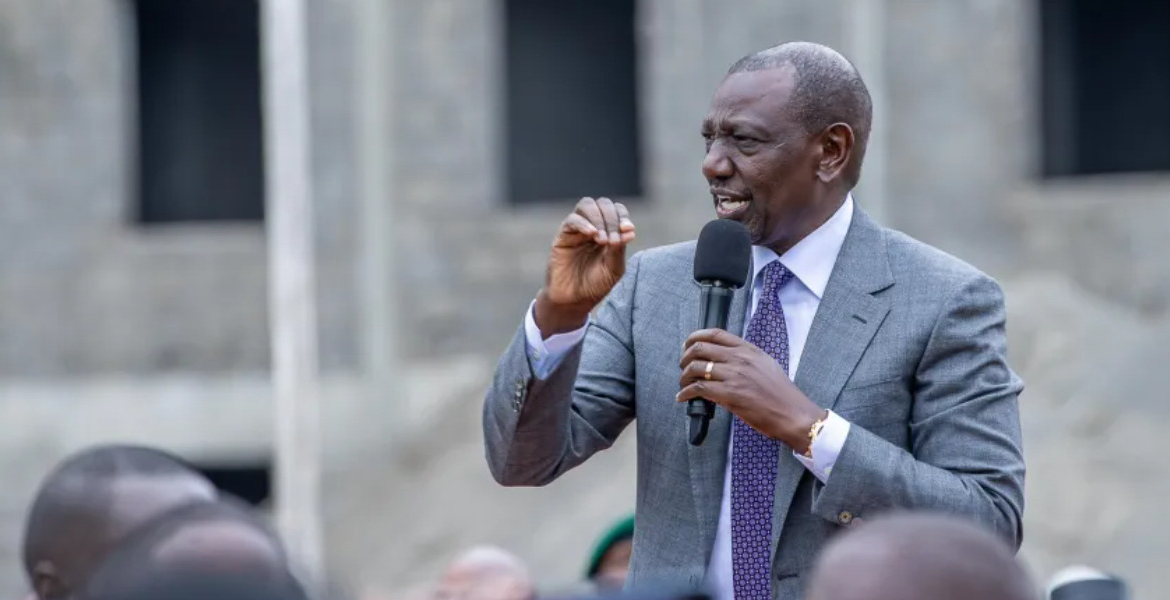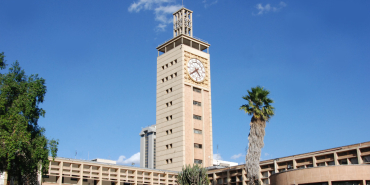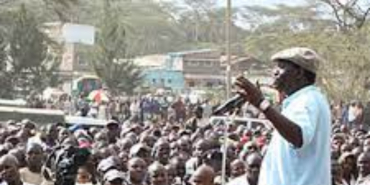Countdown to 2027: Can Ruto Regain Public Confidence?

President William Ruto’s economic reform agenda is under increasing pressure as rising living costs and new tax proposals continue to draw widespread opposition across Kenya.
With two years left in his first term, Ruto faces growing criticism over the implementation of his campaign pledges. Elected in 2022 on promises of economic inclusion and institutional reform, he committed to improving access to housing, healthcare, education, and employment opportunities, while tackling corruption and inequality.
Central to his strategy has been a bottom-up economic model designed to support low-income earners and small enterprises. Key initiatives under this model include the Hustler Fund, the Social Health Authority (SHA), and the affordable housing programme.
Government officials cite these as evidence of progress, pointing to a stabilised shilling, improved inflation rates, and steady GDP growth, reportedly reaching Sh17 trillion by mid-2025. However, critics argue that the benefits of these programmes have not been felt at the household level, especially as recent tax measures have further strained personal finances.
The Finance Bill, 2024, became a major source of public unrest, leading to widespread demonstrations led by young people. Among the proposed taxes were a 1.5 per cent Housing Levy, a 2.7 per cent Social Health Insurance Fund (SHIF) contribution, and higher National Social Security Fund (NSSF) deductions. Though the president eventually withdrew the bill, the protests highlighted growing discontent over the government's fiscal approach.
While official data shows inflation has fallen from 9.6 per cent in October 2022 to 4.1 per cent in July 2025, many citizens remain sceptical. University of Nairobi economist Prof XN Iraki notes that national indicators may not reflect everyday realities.
“At the macro level, things appear stable,” he says. “But at the micro level, people are struggling. Inflation is low because spending power is weak, and the shilling is stable due to subdued economic activity.”
Housing remains a cornerstone of Ruto’s development agenda. Initially targeting 250,000 new units per year, the government later revised this to 200,000 annually. As of now, at least 600,000 homes are expected to be completed. Housing and Urban Development Principal Secretary Charles Hinga reports that over 161,000 units are currently under construction, including projects for security forces and students.
He describes the initiative as a driver of job creation and local development, saying that it has produced over 320,000 construction jobs and enabled the establishment of 480 modern markets across the country. Despite these figures, the broader political environment remains tense.
Allegations of corruption, misuse of public funds, and violations of civil rights, particularly in relation to protest crackdowns in 2023 and 2024, have heightened public distrust. Opposition leaders say the government has fallen short on democratic accountability and national security.
Kitui Senator Enoch Wambua, for example, claims the current situation is more unstable than in previous periods of unrest. The next two years will be crucial for the Ruto administration as it seeks to regain public confidence, deliver tangible results, and prepare for the 2027 general elections.








Add new comment